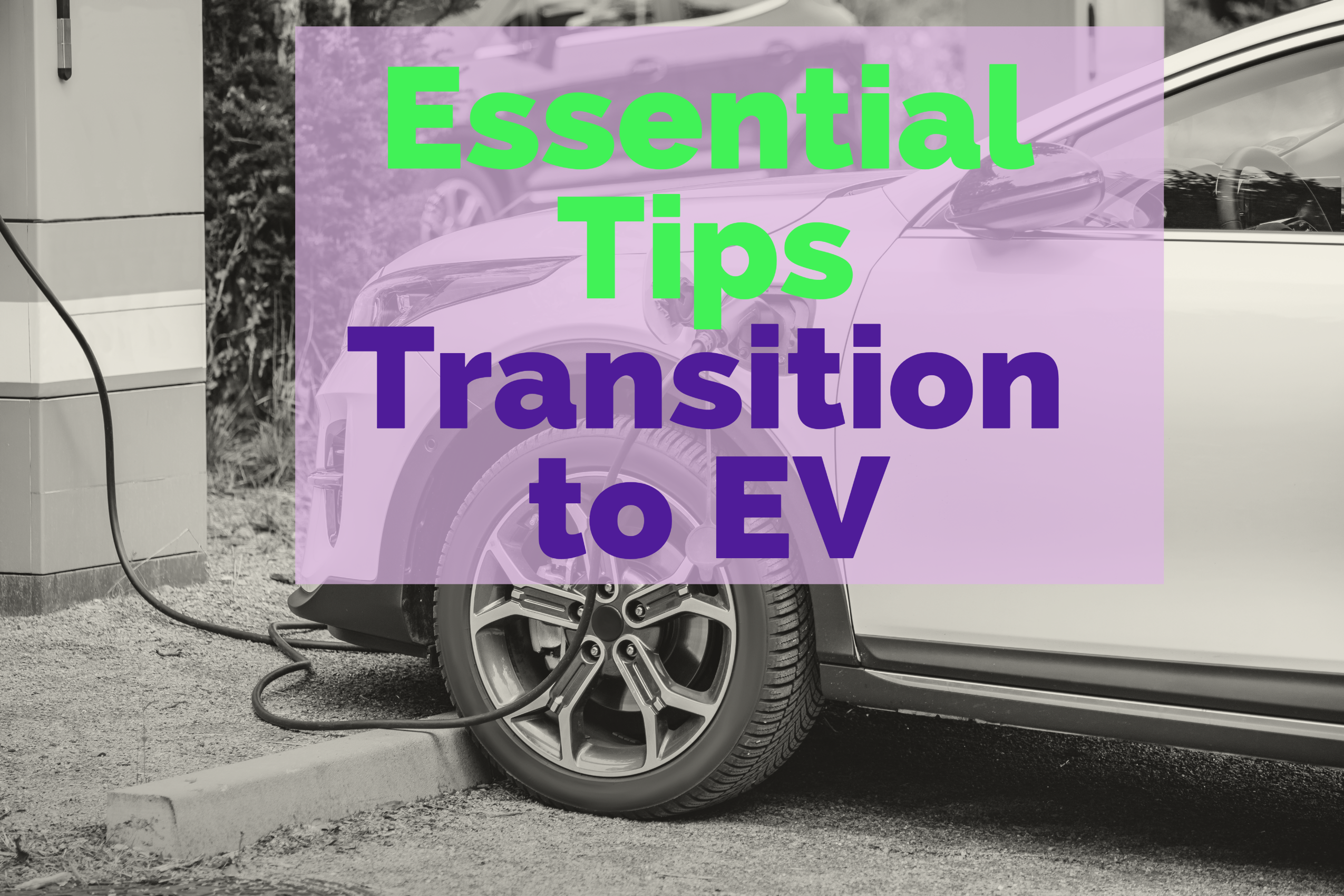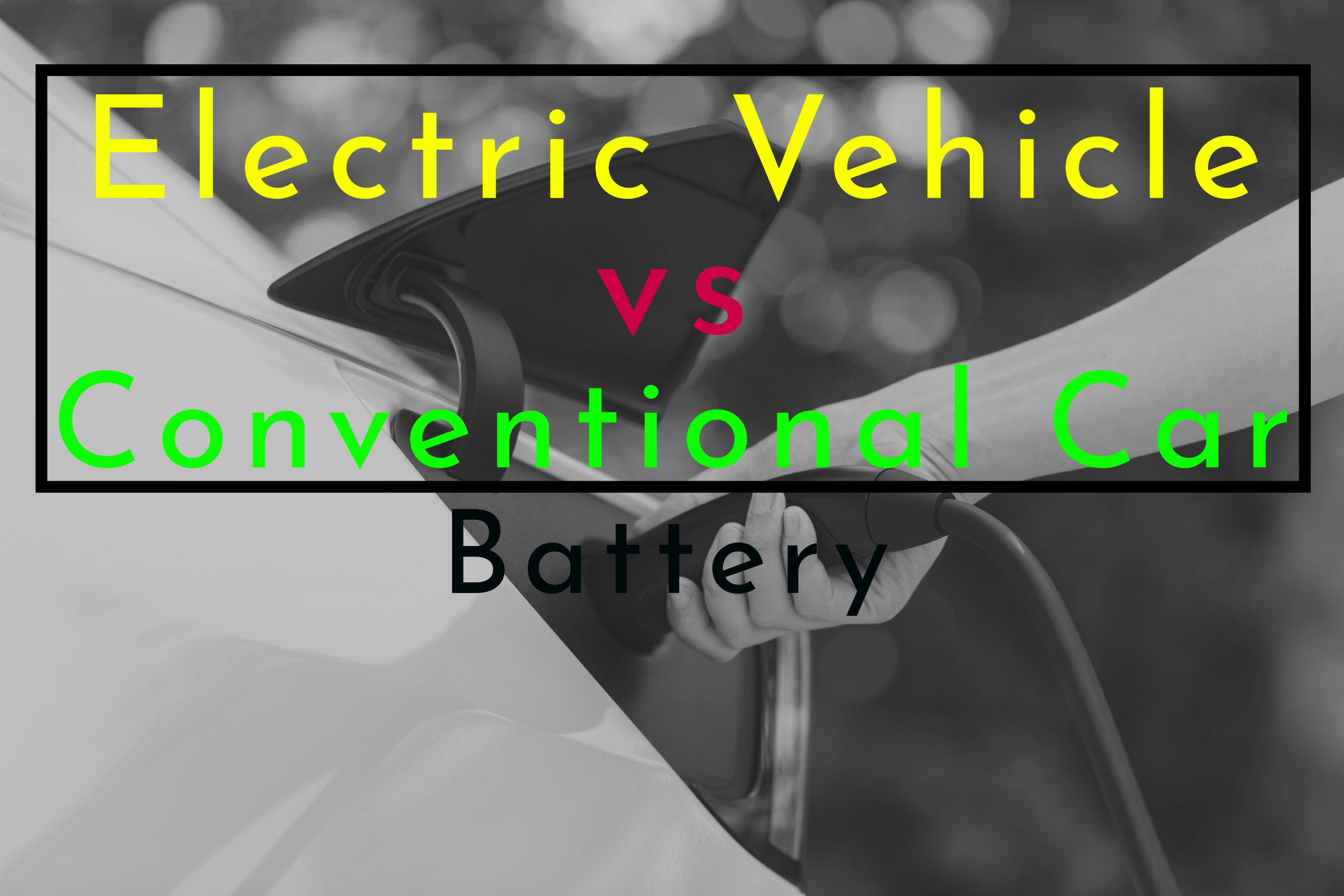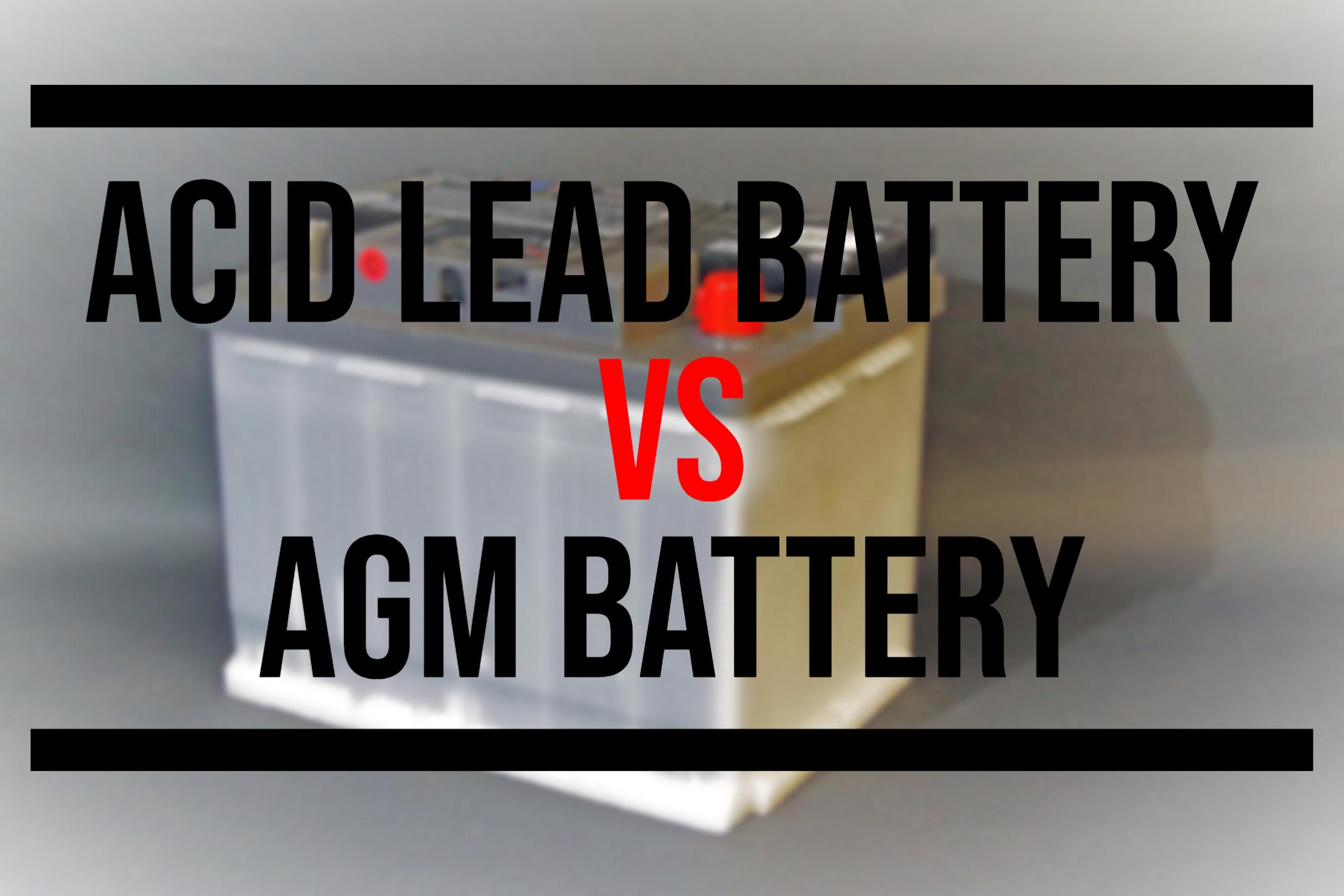Transitioning to an electric vehicle (EV) involves understanding and managing the vehicle’s battery, which is crucial for efficiency and cost-effectiveness. Key aspects include knowing battery types, capacity, and charging practices. It’s important to adopt good charging habits, manage temperature effects, avoid deep discharges, and keep software updated. Proper battery care enhances the EV’s performance, longevity, and environmental benefits, making the transition rewarding and beneficial.
EV vs Conventional Car Batteries: Advantages, Differences, and Impact
Comparing EV and ICE car batteries reveals distinctions in technology, performance, and maintenance. EVs use lithium-ion batteries, offering higher energy density and power, supporting longer ranges and faster acceleration, and requiring less maintenance but demanding specific charging conditions. Conversely, conventional cars utilize less efficient lead-acid batteries, needing more frequent replacements and maintenance but costing less upfront. EV batteries also have a lower environmental impact, particularly when charged with renewable energy.
9 Car Battery Brands to Consider in 2023
Picking the right car battery can be a daunting task, especially with all the options […]
Lead-Acid Battery VS AGM Battery: 4 Main Differences
Introduction Rechargeable battery types such as lead-acid, and AGM (absorbed glass mat) batteries are often […]




